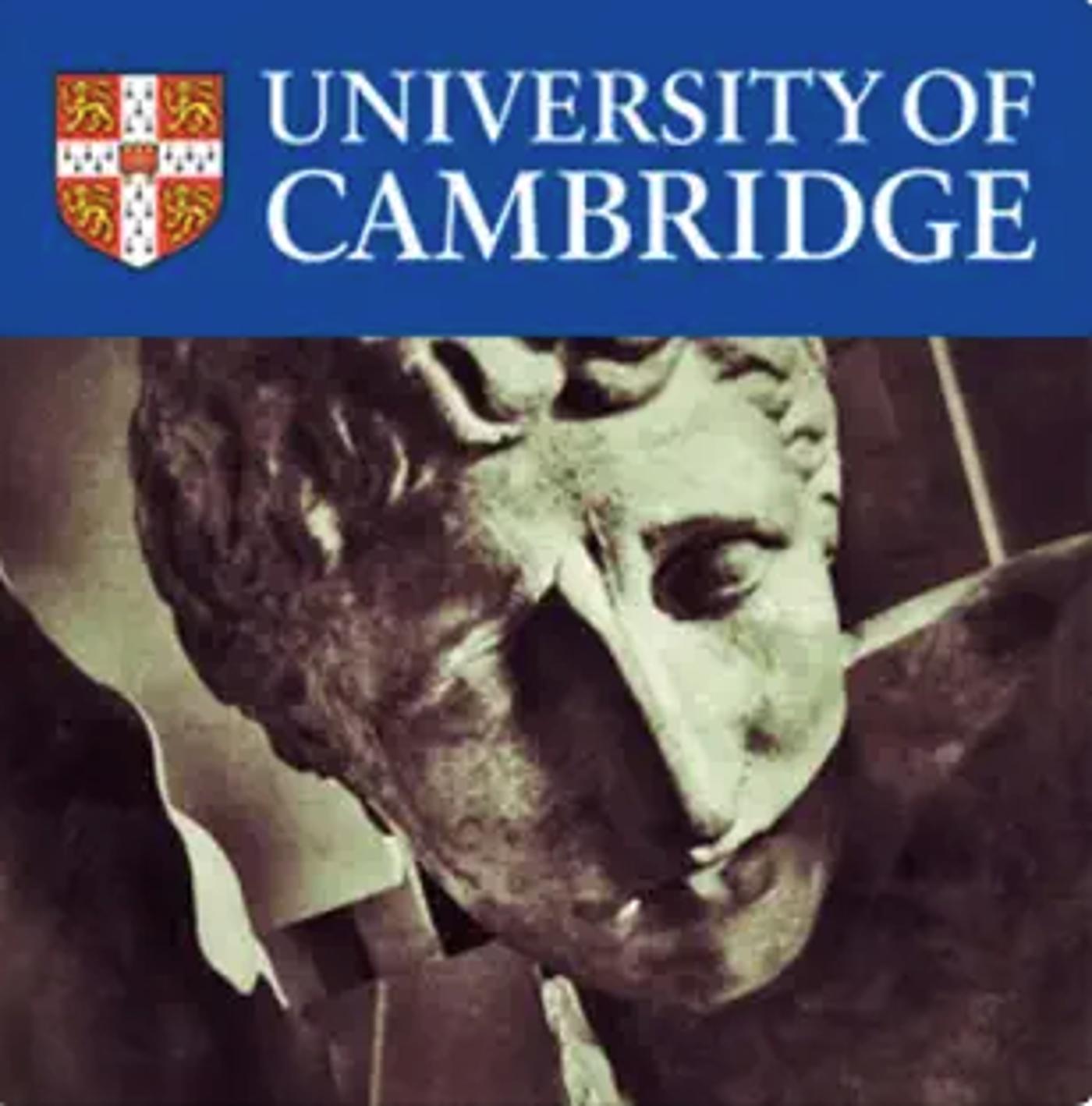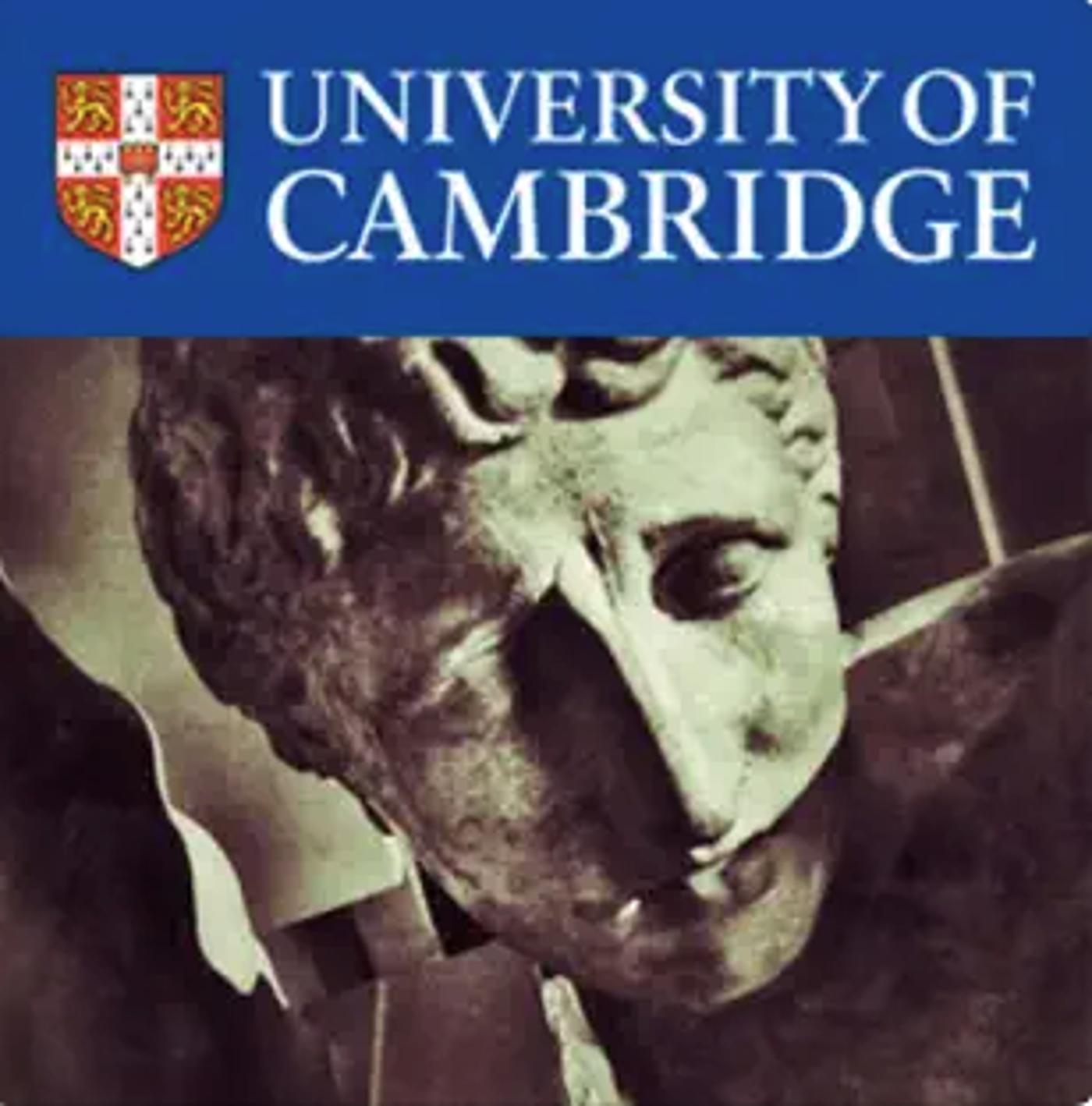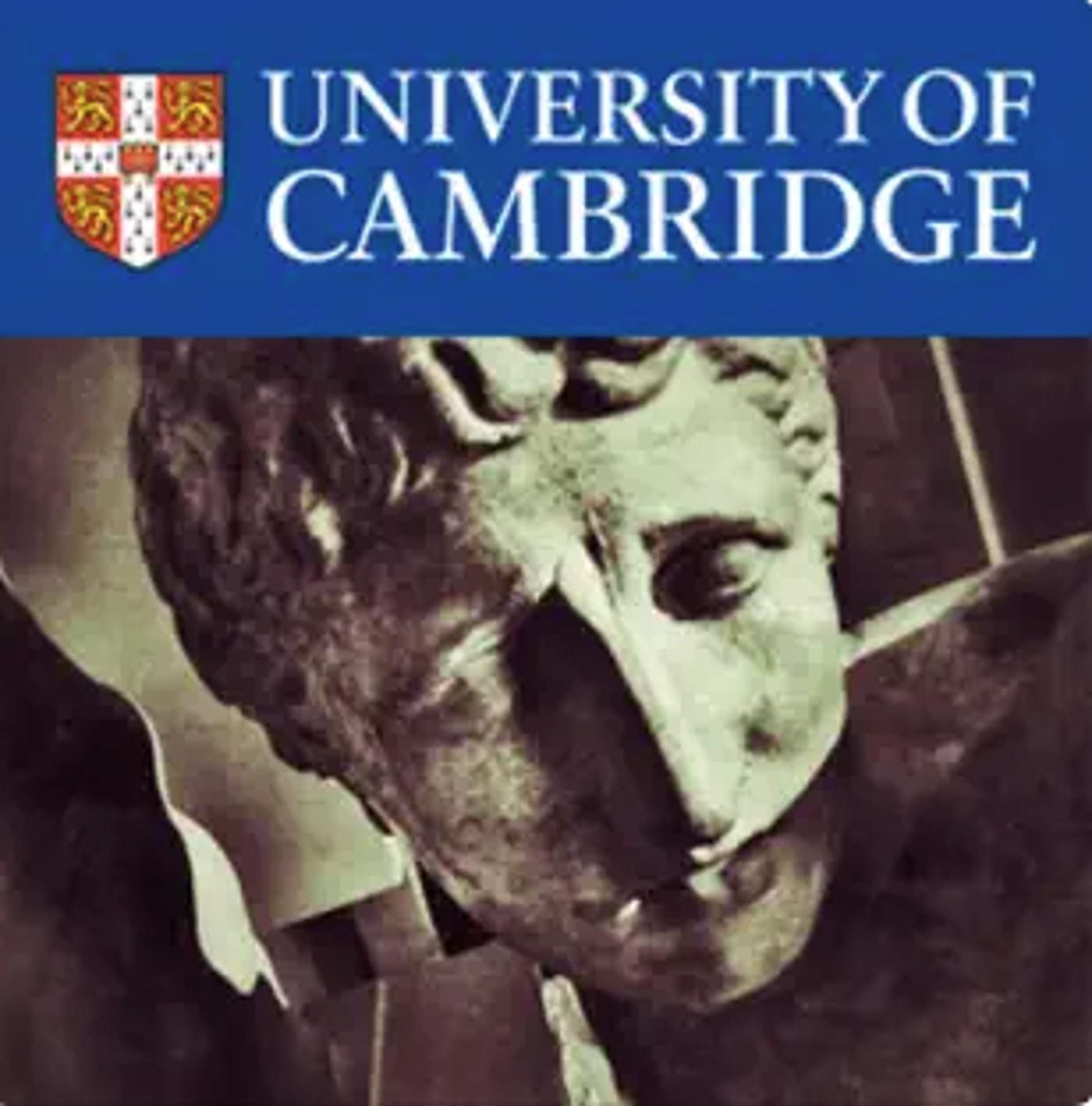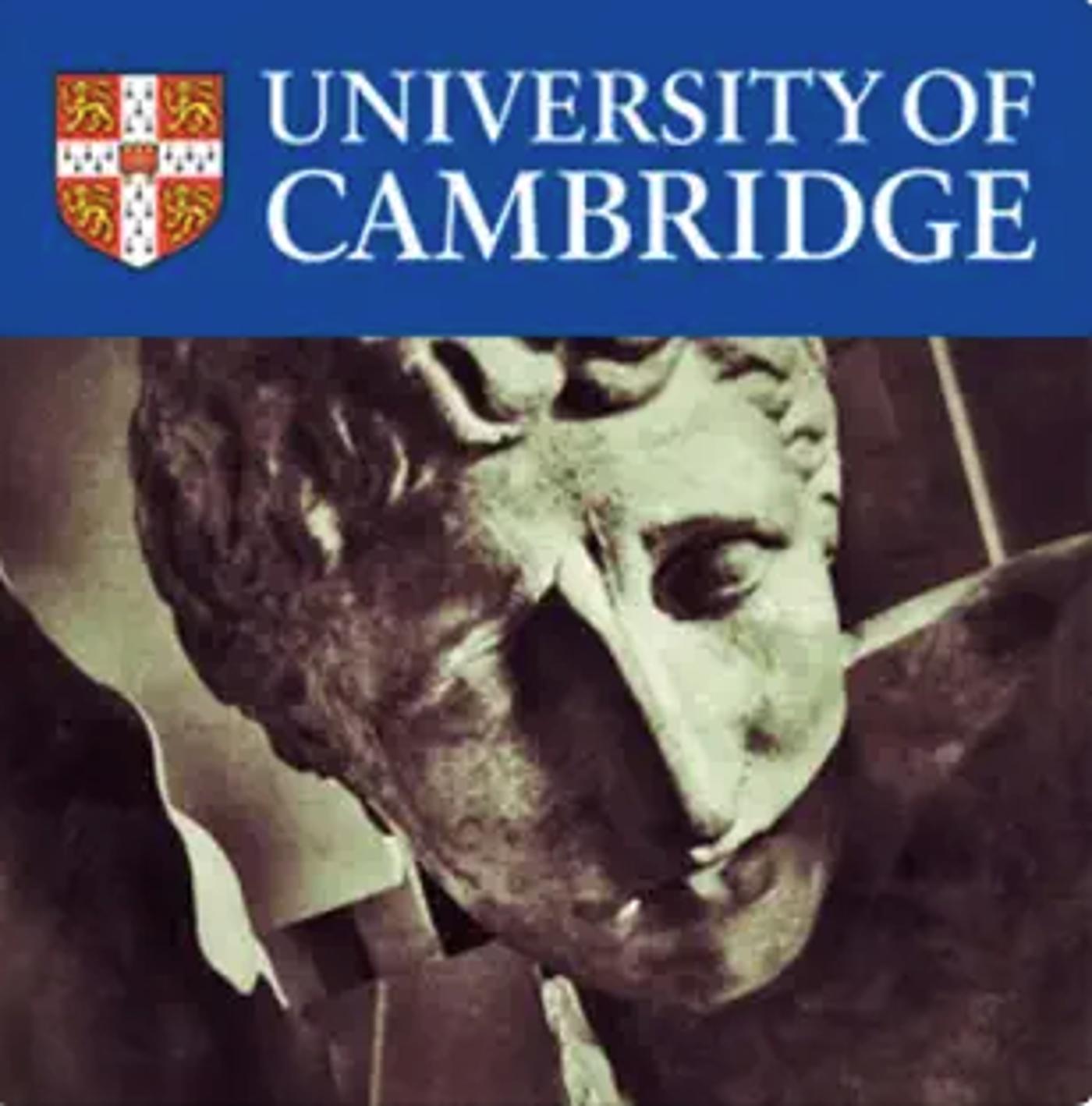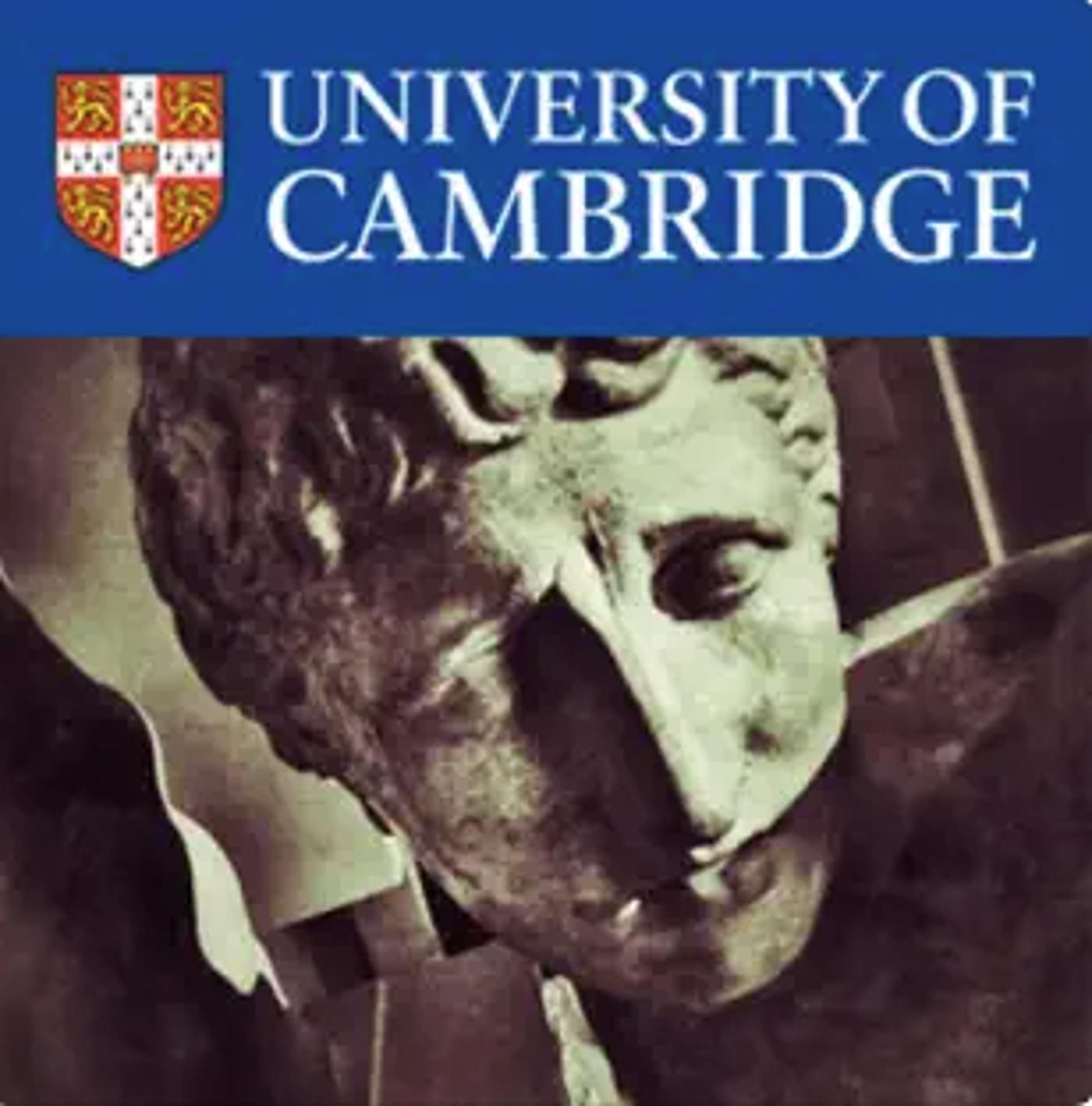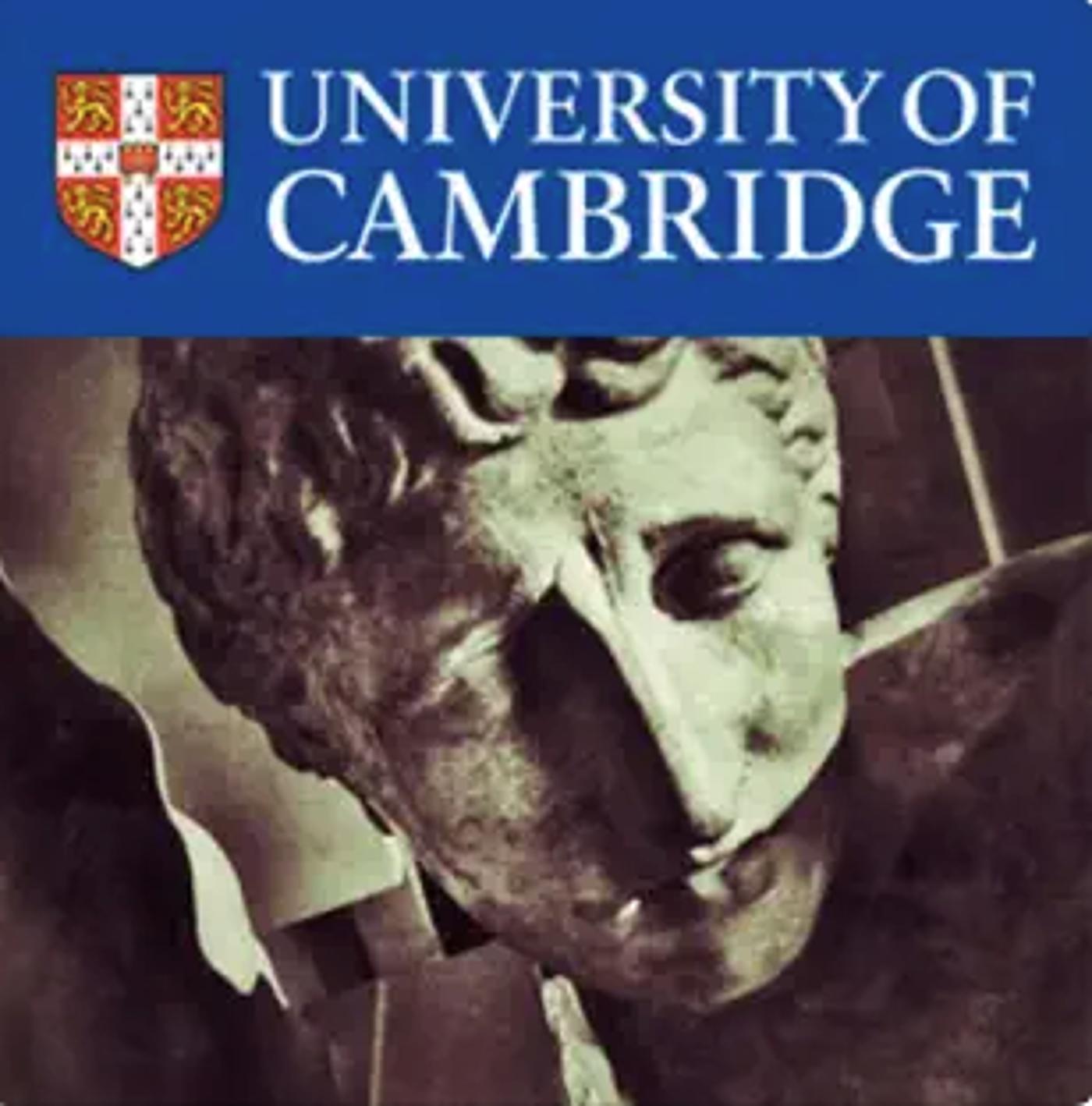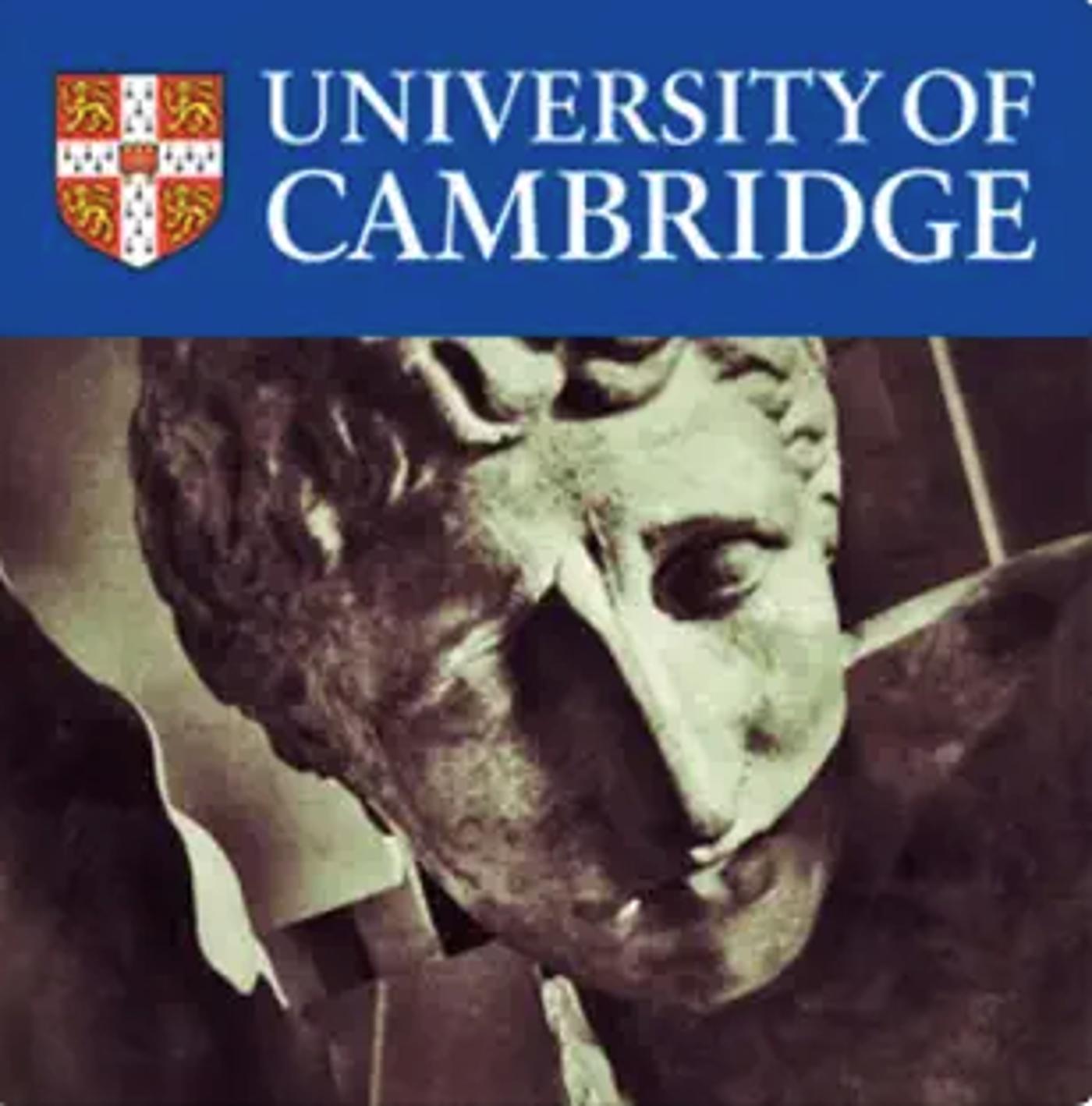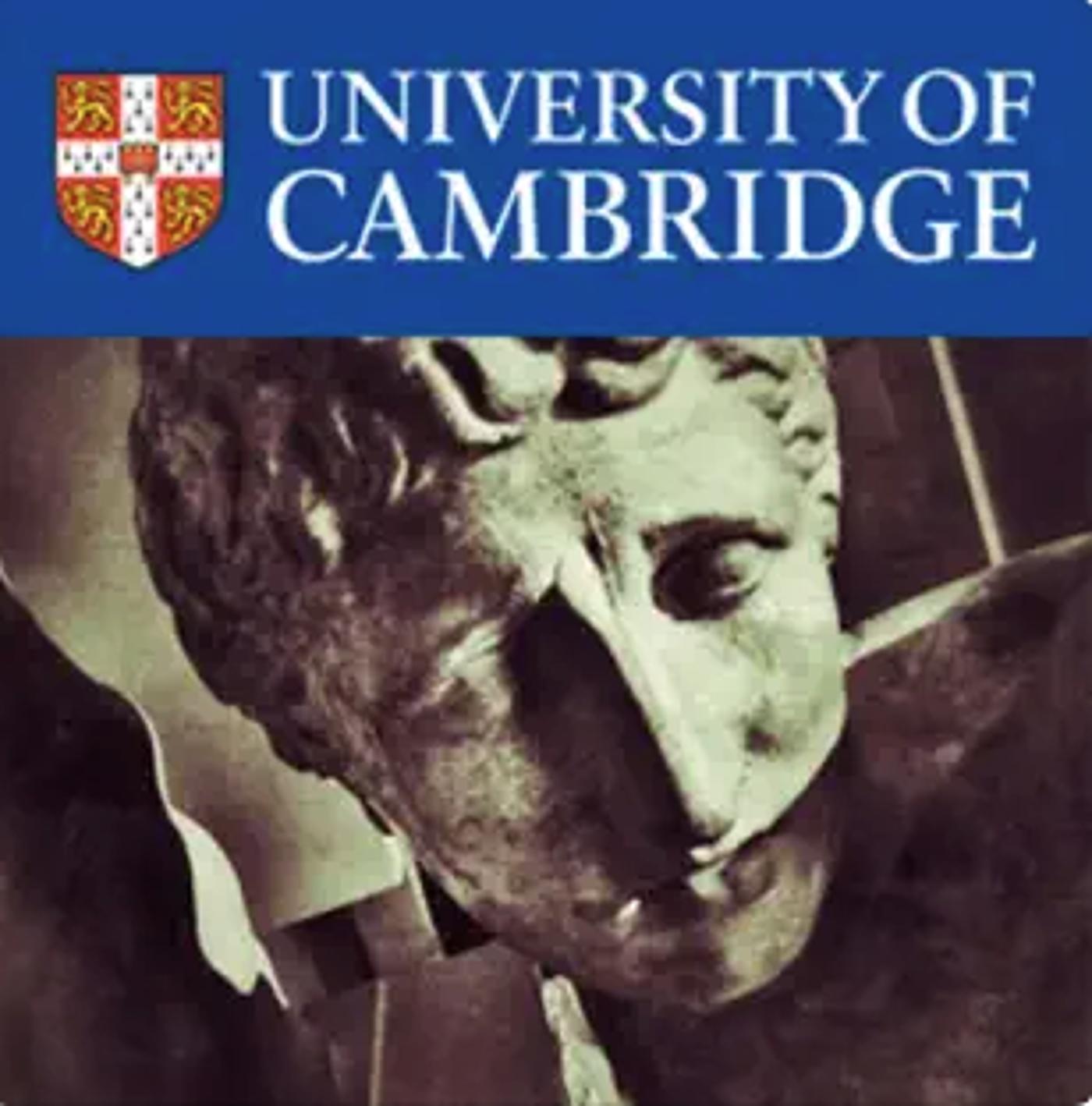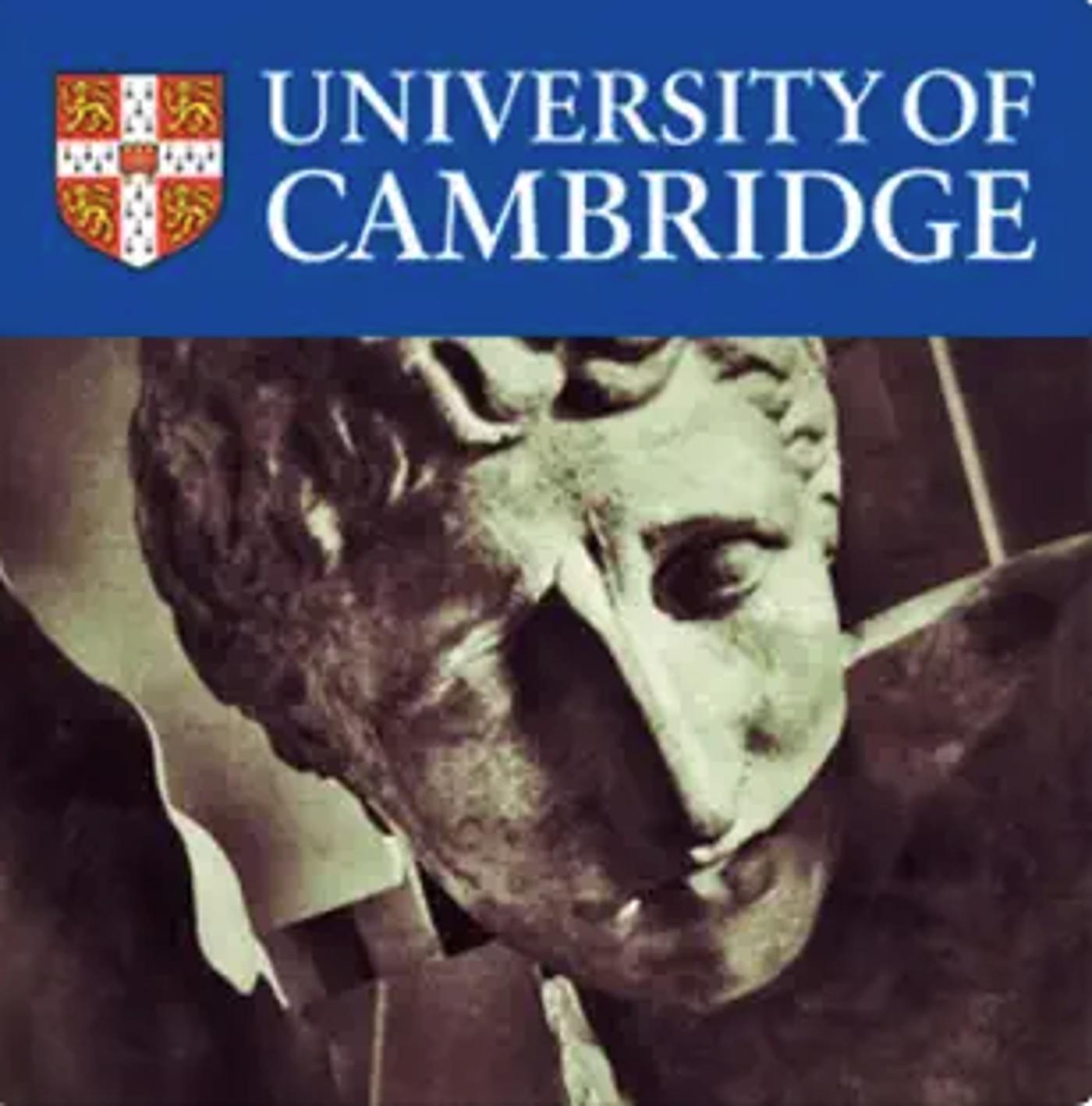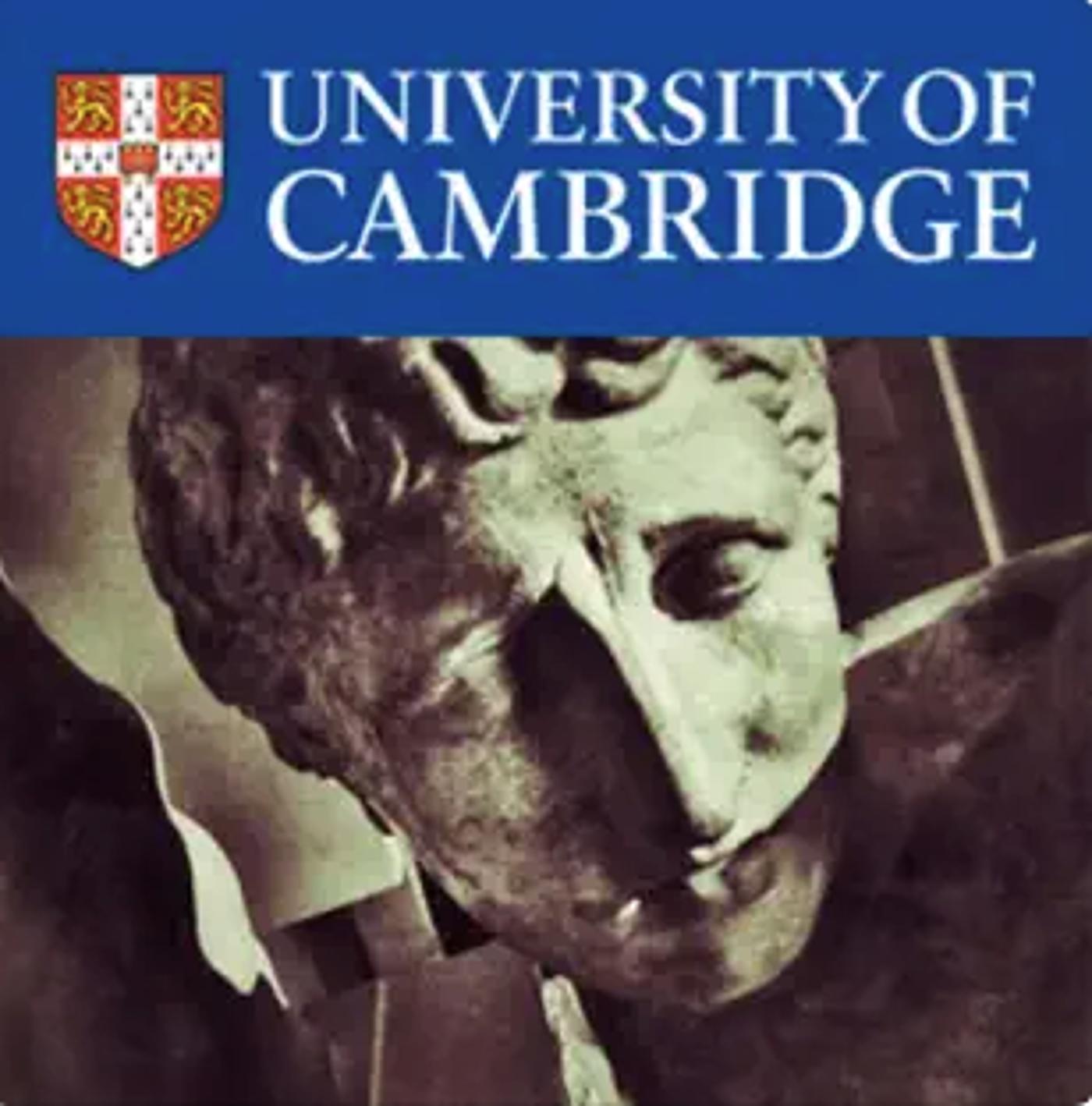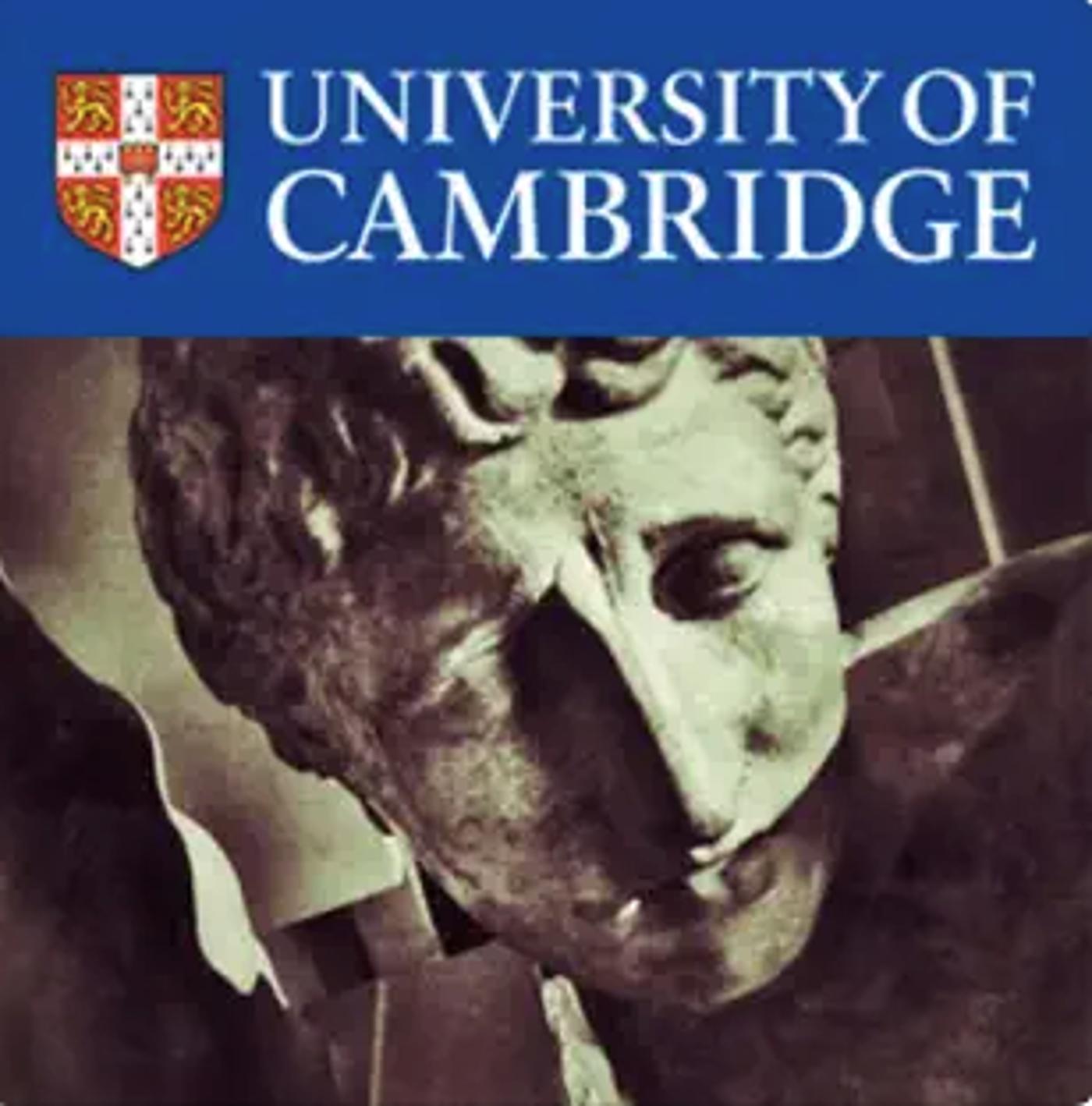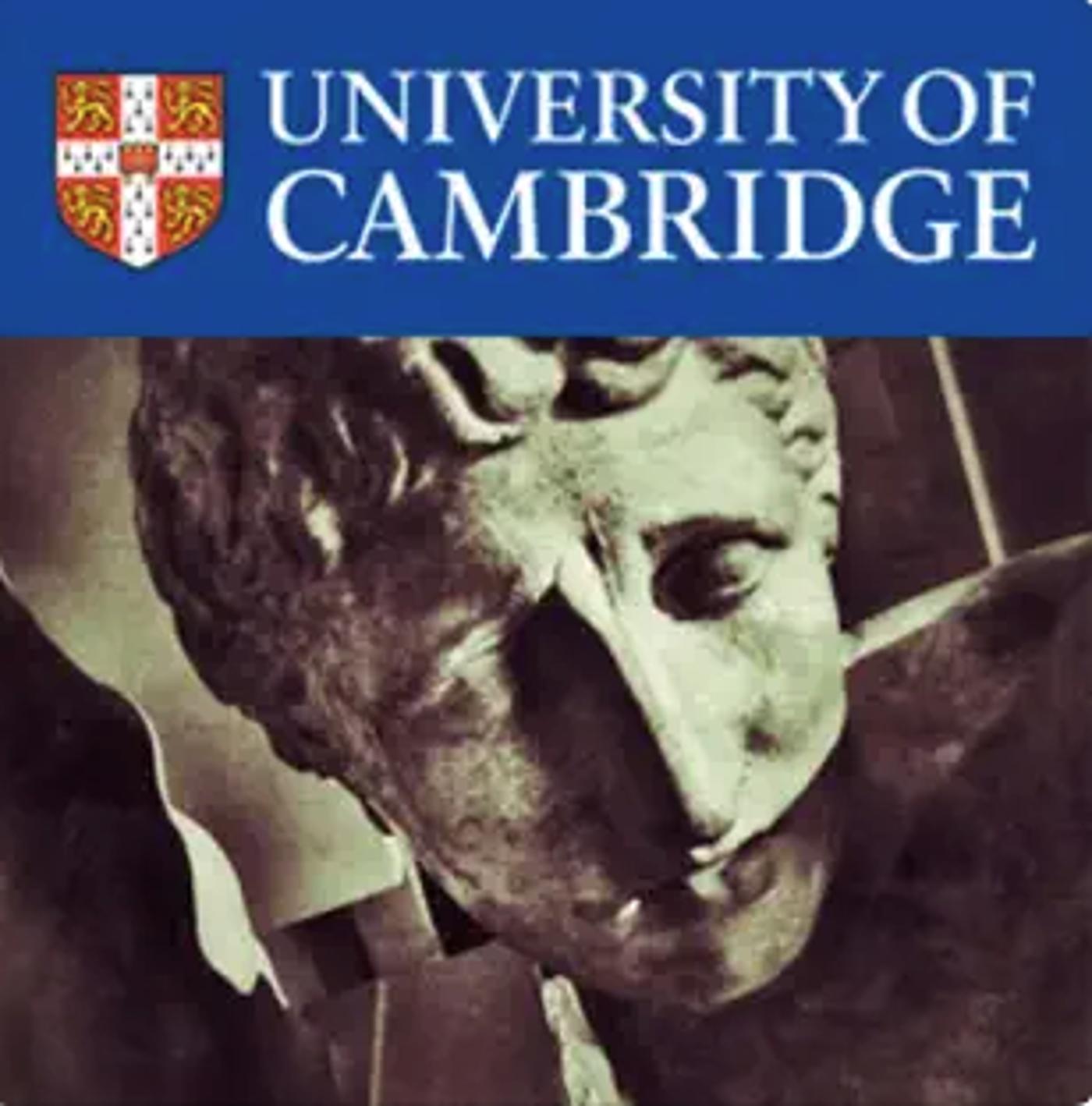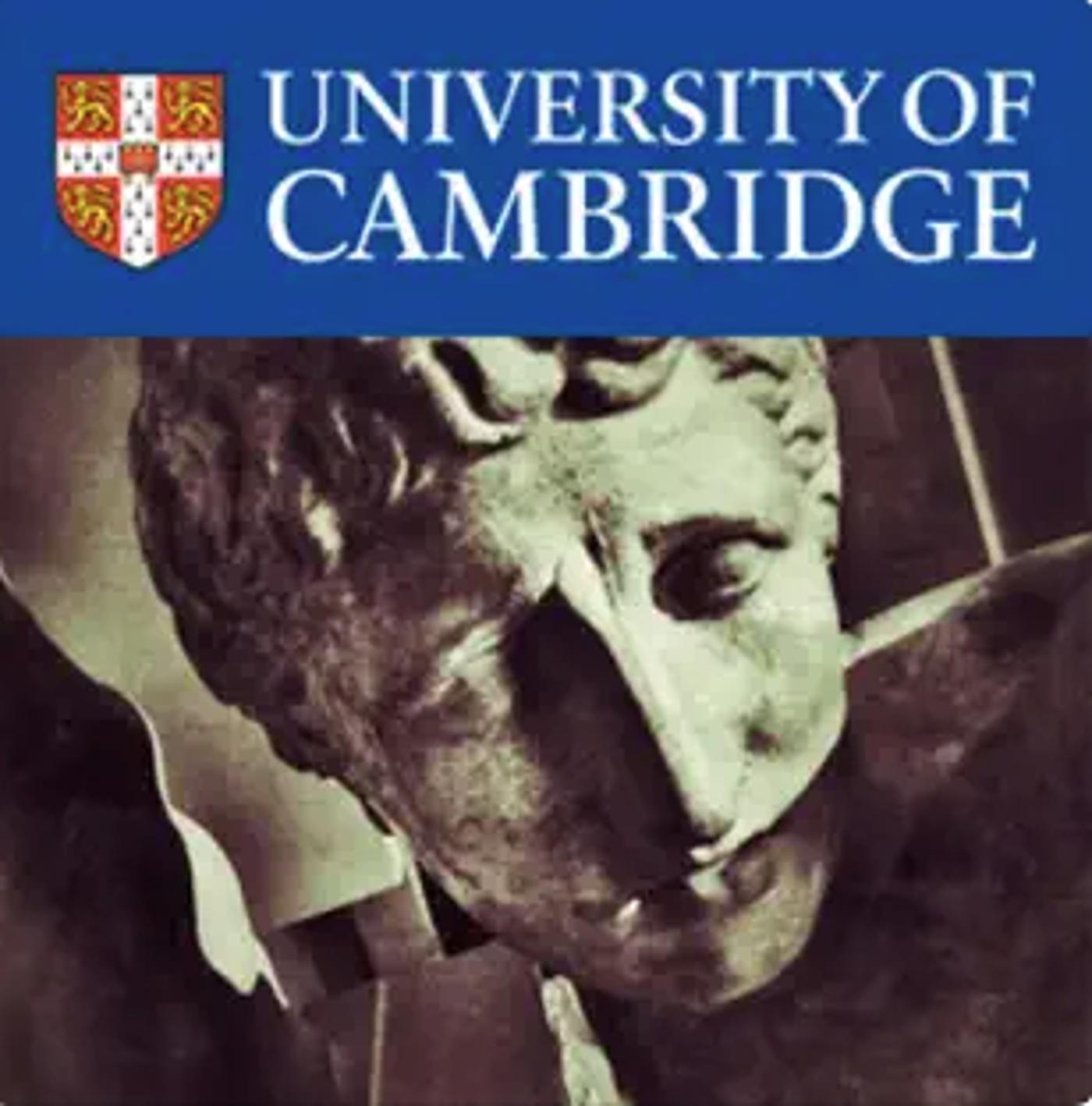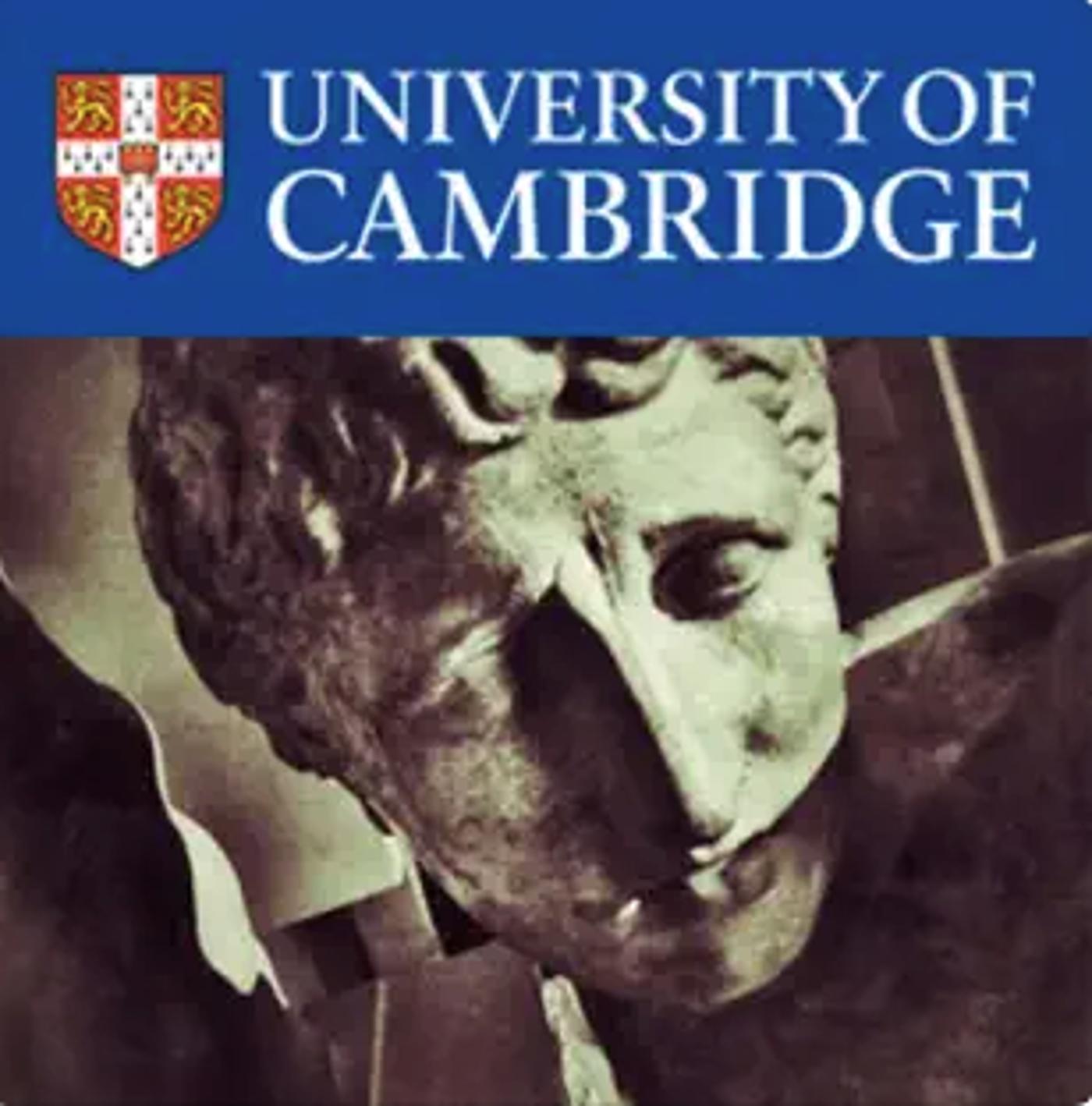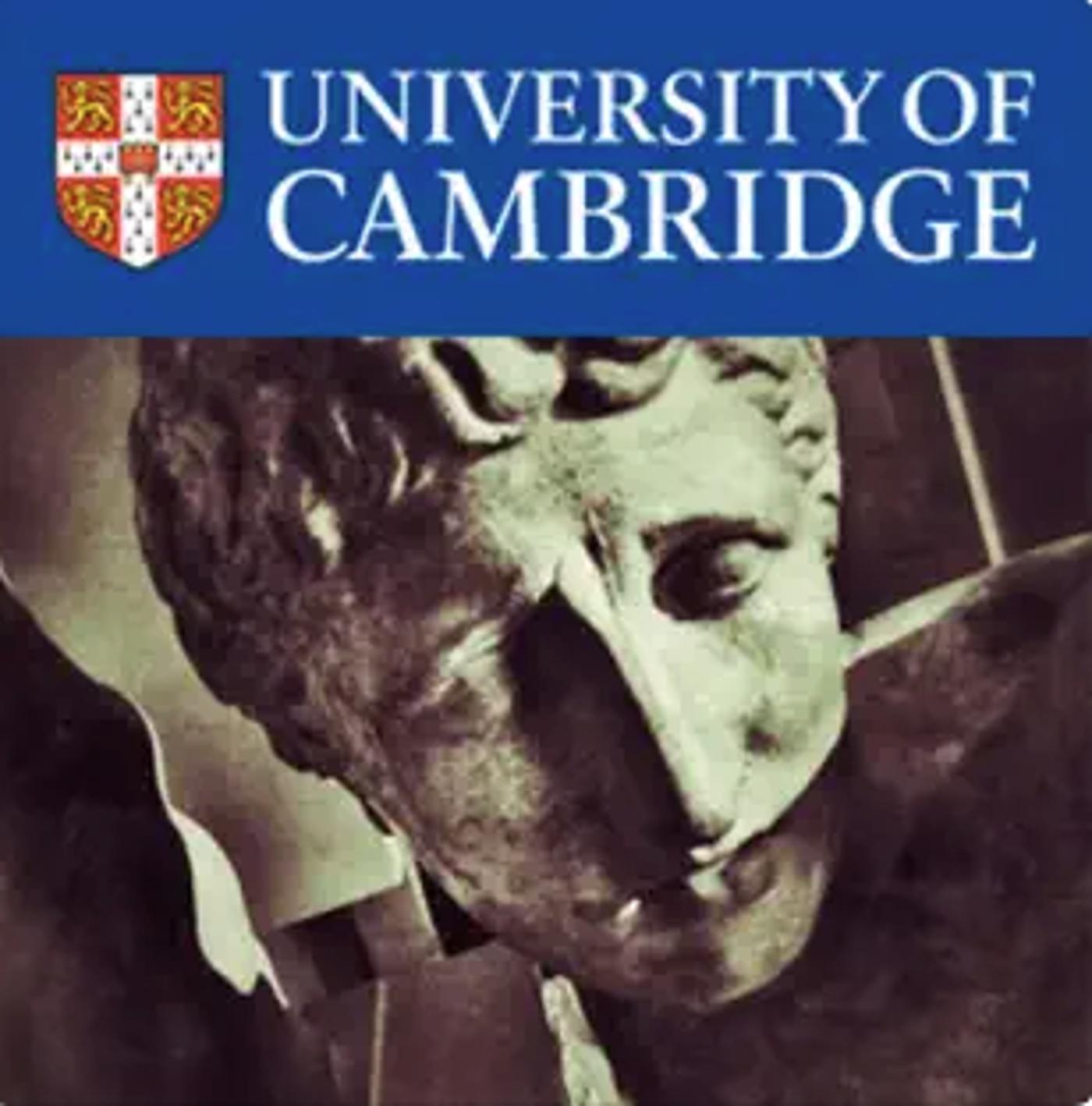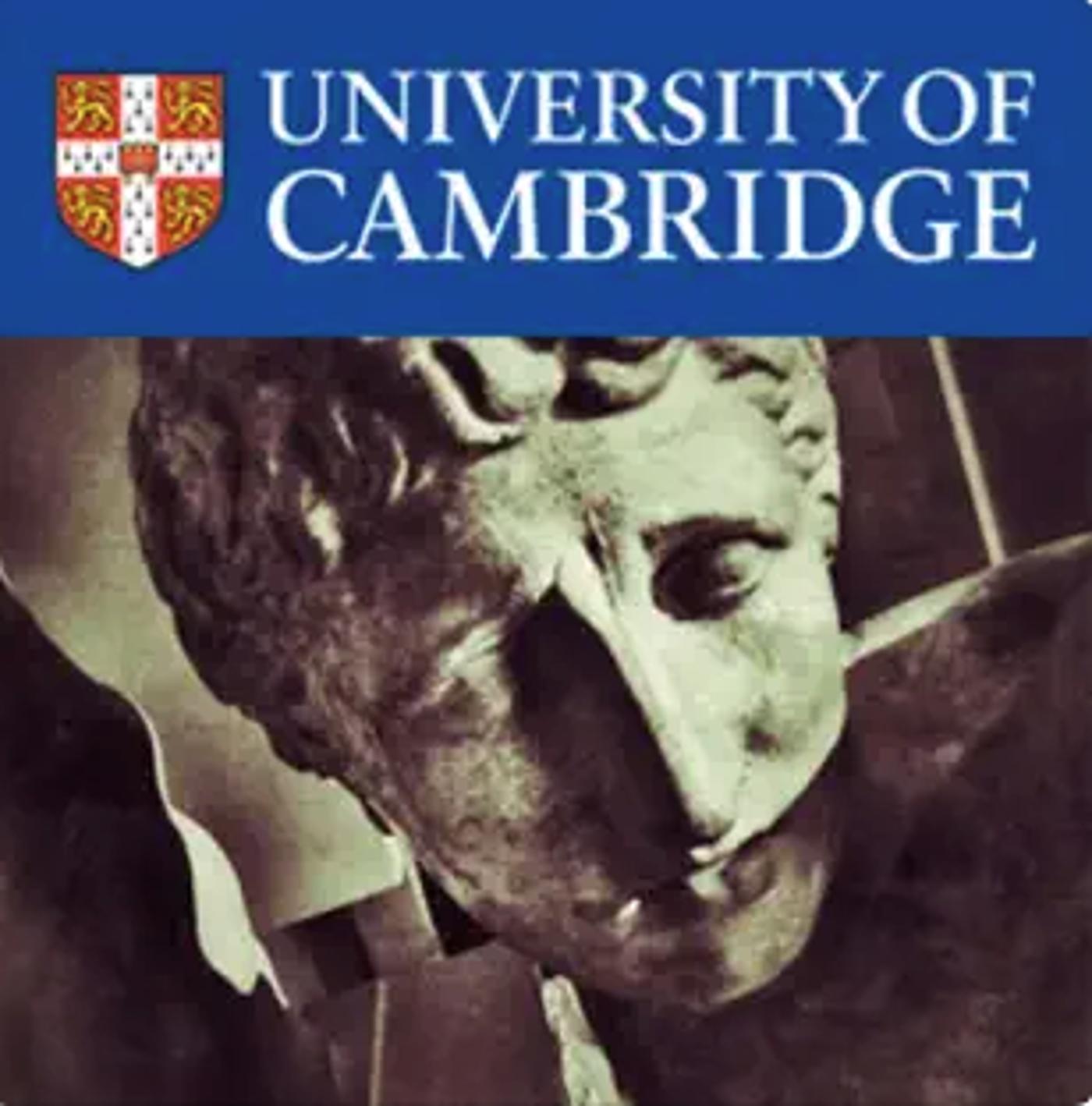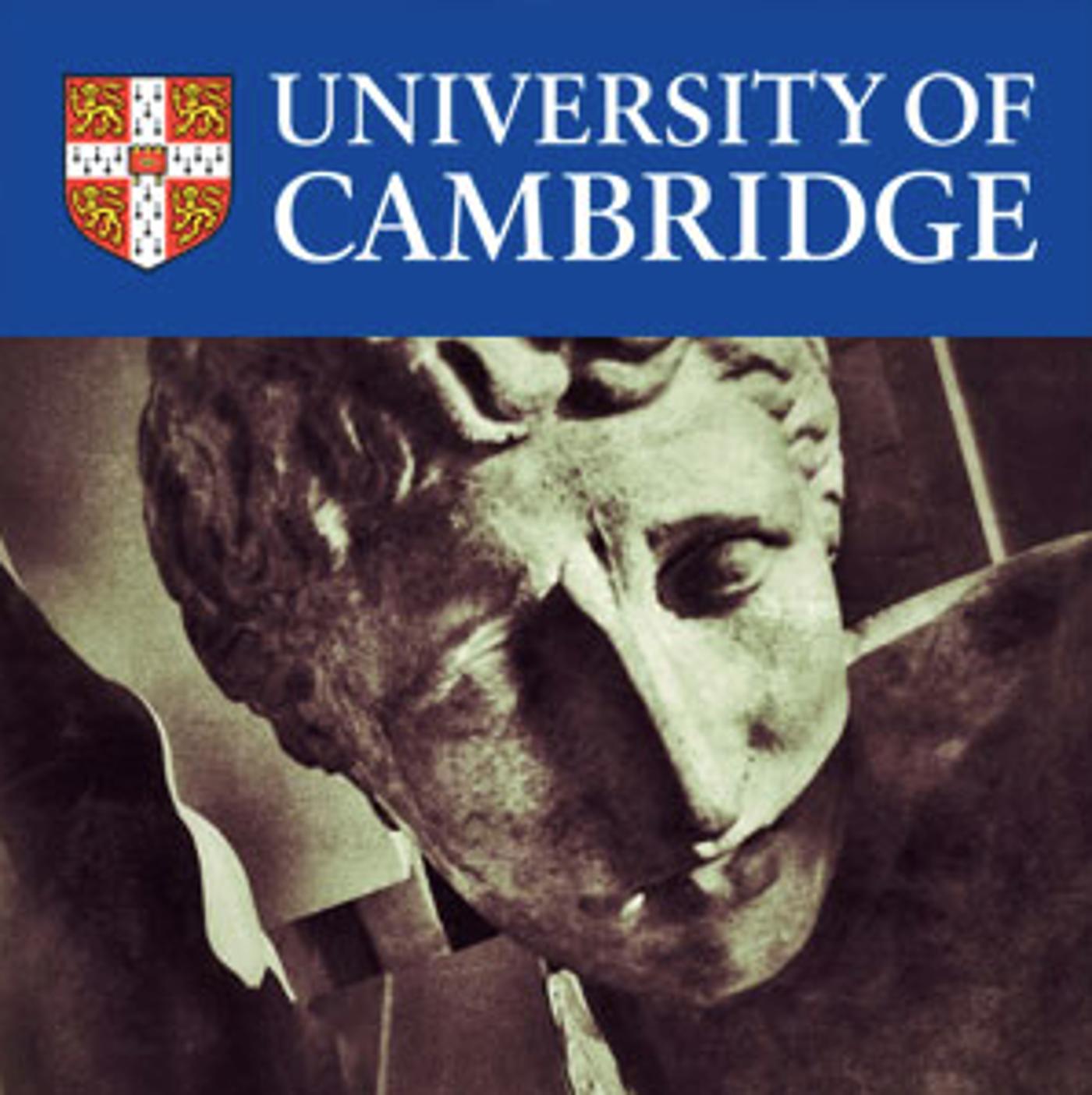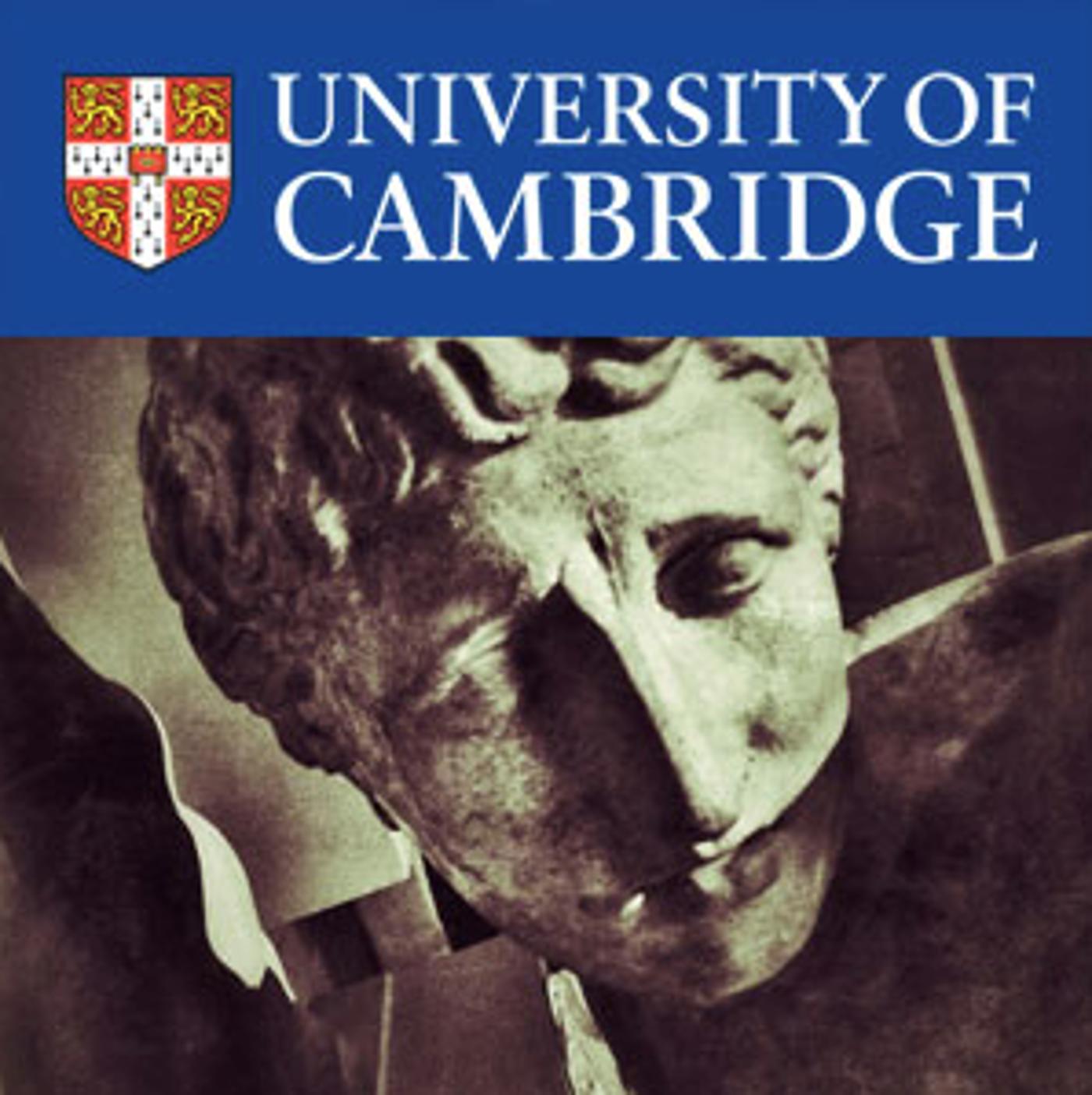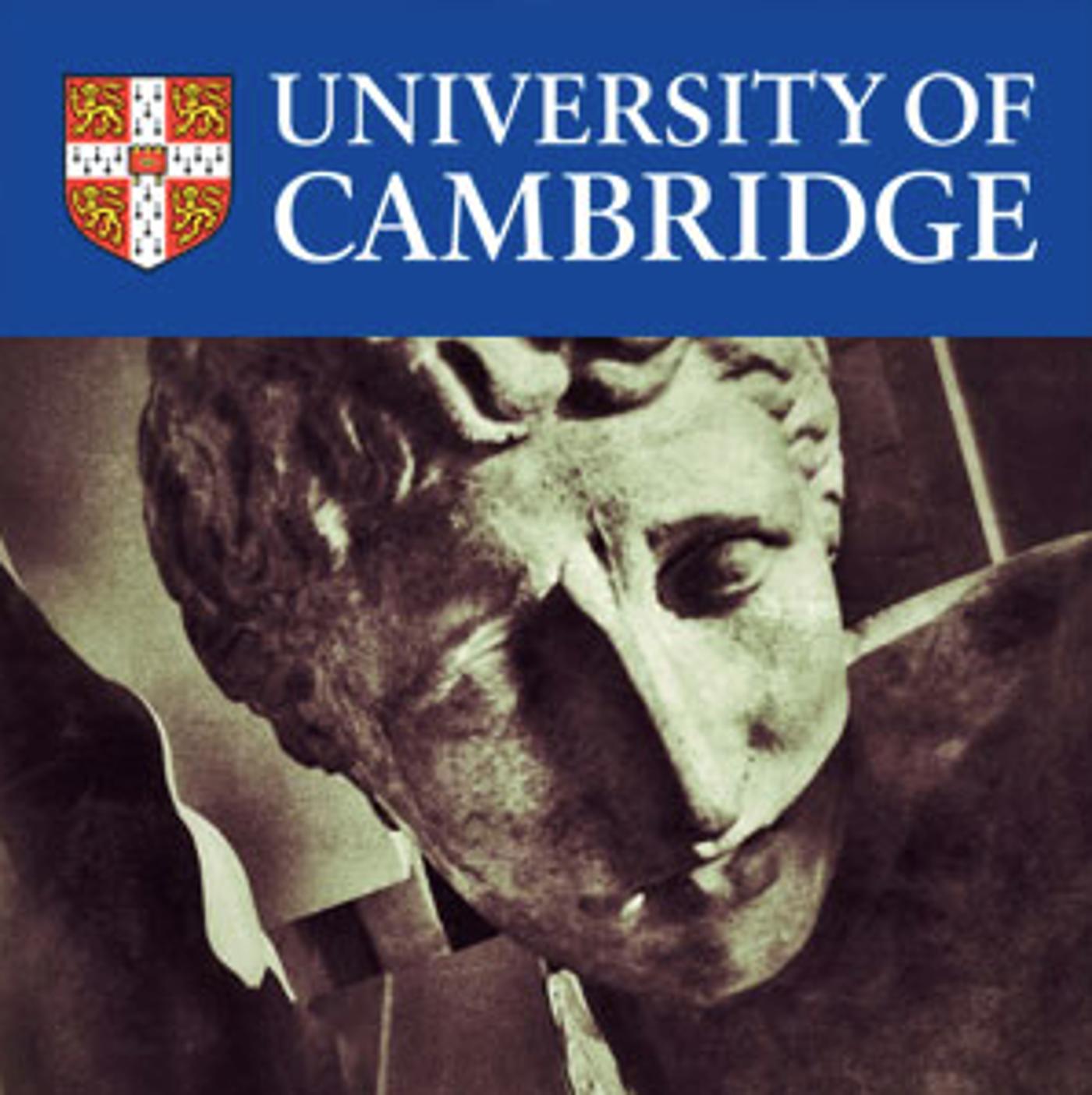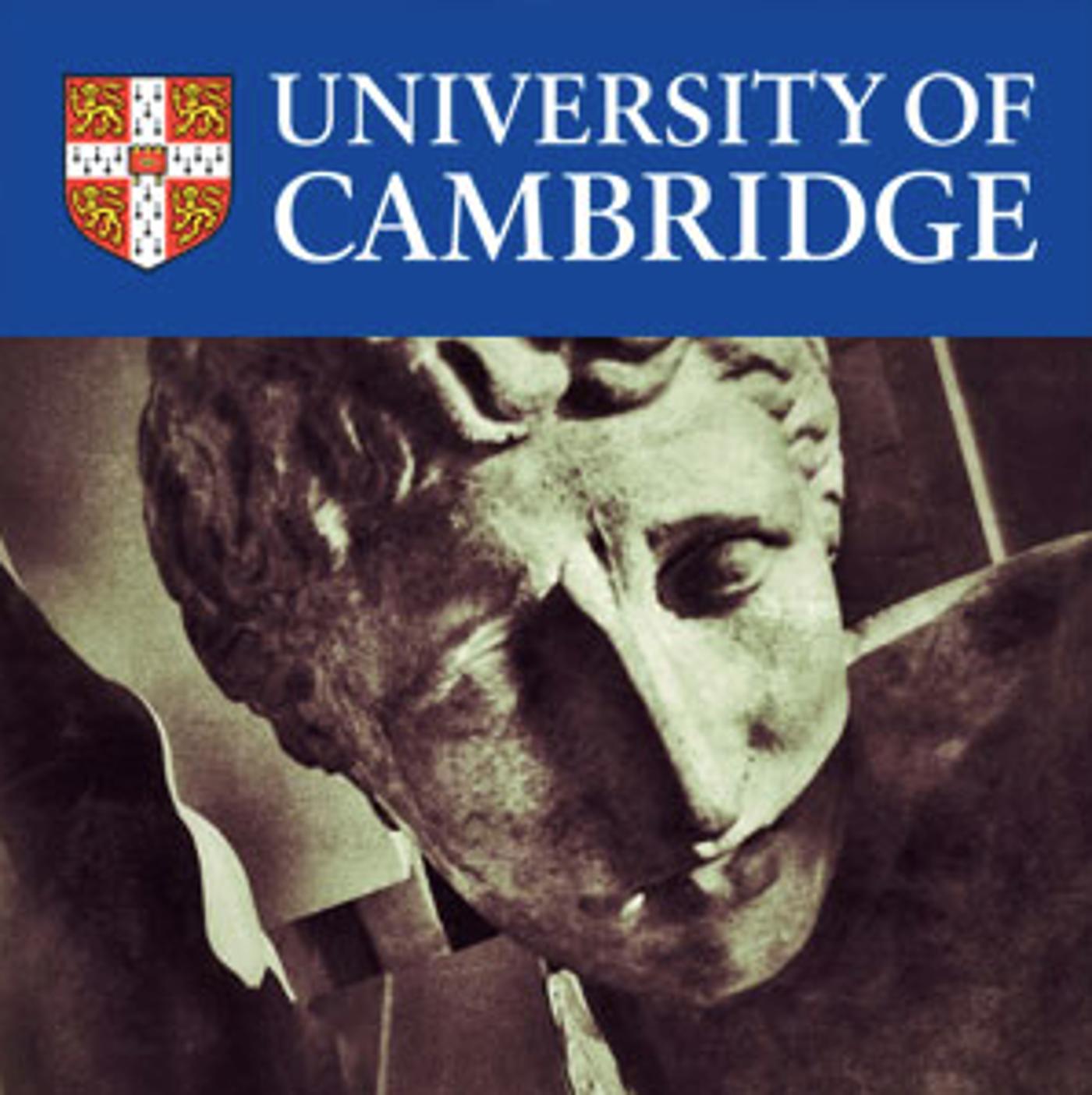The Best Game in Town: The Re-Emergence of the Language of Thought Hypothesis Across the Cognitive Sciences
Update: 2024-03-14
Description
What is the structure of thought? Many philosophers and cognitive scientists think we've moved past the language of thought (LoT). They believe that instead of symbolic, logical, abstract cognition, we can simply posit deep neural nets, associative models, sensory representations, embodied/extended/etc. cognition, or some other more fashionable approach. However, experimental evidence from the study of perception, infant and animal reasoning, automatic cognition in adults, and computational modeling tells a different story: the LoT hypothesis now enjoys more robust empirical support than ever before. In the course of defending this claim, I'll also outline six properties that are suggestive of an LoT. I'll go through one case study, focusing on implicit cognition, showing how acquisition and change conditions of implicit attitudes display their LoT structure. The presence and absence of these properties open up possibilities for taxonomizing differences in minds and mental processes in terms of their expressive power, thus giving us a guide for mapping the many languages of thought, both within and across species.
Comments
In Channel

